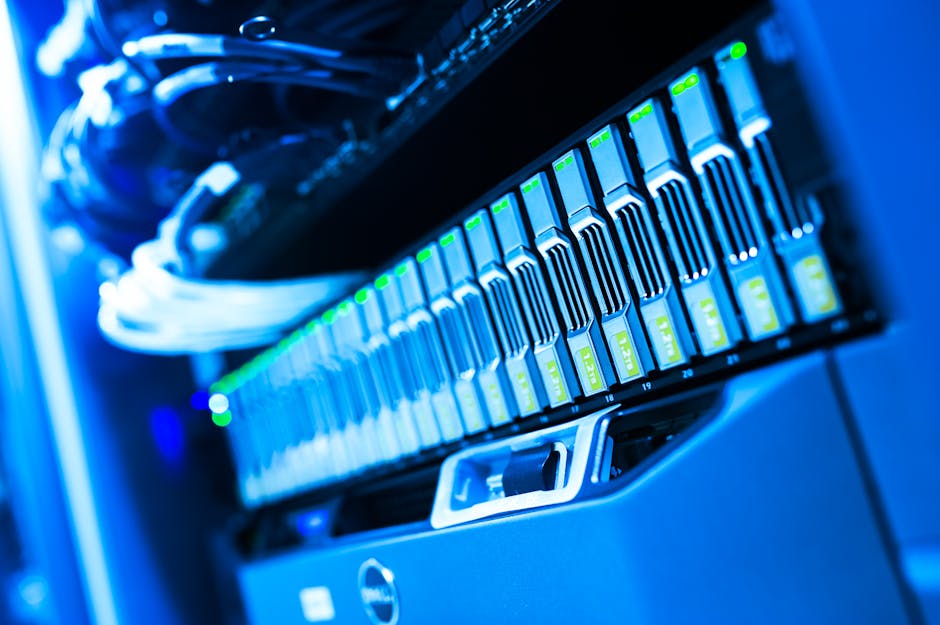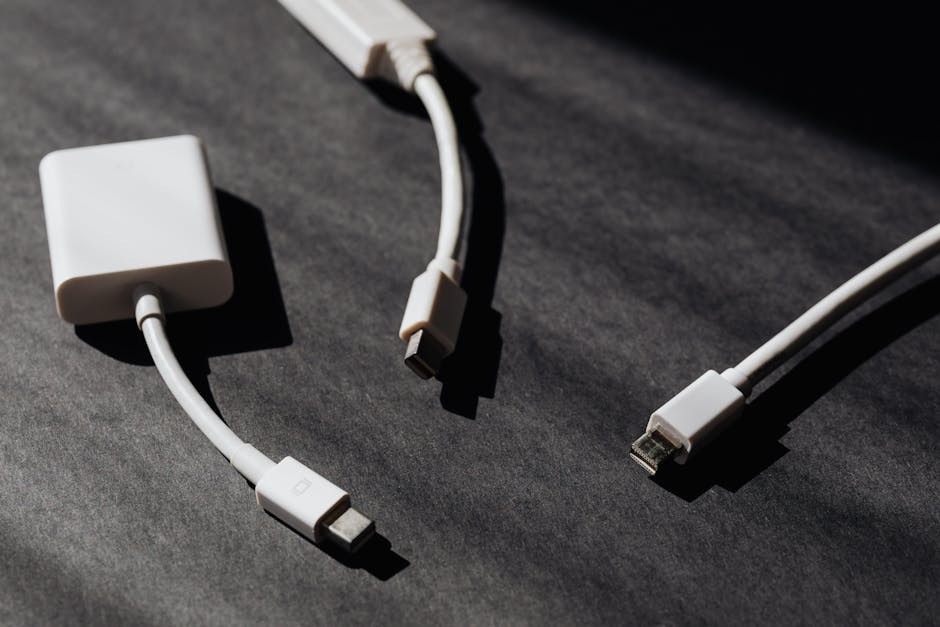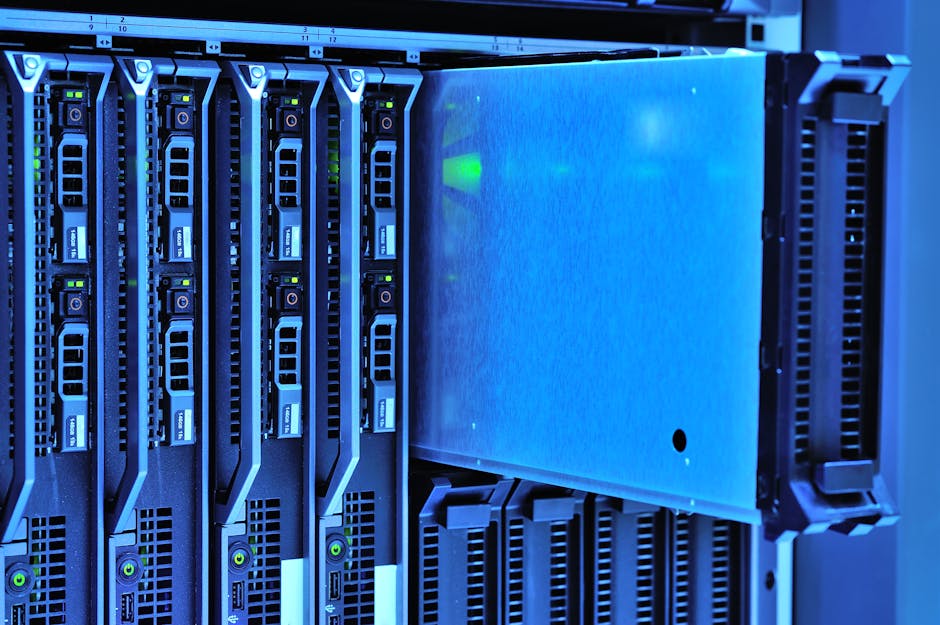Unlock encrypted content
Please enter your SSCE key to initiate on-the-fly decryption.
Decryption key: (Click cancel if you don't have the key)
Copied link to clipboard.
This feature is unavailable for free accounts. Upgrade now and enjoy all Premium benefits.
Go Premium!
This feature is unavailable for free accounts. Upgrade now and enjoy all Premium benefits.
Go Premium!
Please open this page in browser ( Google Chrome or Safari ) to use this feature.
Open In Browser
Efficient Data Sharing Options and Intelligent File Management Systems for Smart Homes
Random related video for this blog.
Copied share link to clipboard.
With the rise of smart homes, cognitive computing, neural implants, and robotics, the need for efficient data storage and management solutions has become more important than ever. In this article, we will explore the various data sharing options and intelligent file management systems that can enhance the functionality and convenience of smart homes.
Smart Homes and Cognitive Computing Storage
Smart homes are revolutionizing the way we live, allowing us to control various aspects of our living environment with just a few taps on our smartphones or voice commands. These homes are equipped with a wide range of interconnected devices that collect and generate data, such as smart thermostats, security cameras, and voice assistants. To efficiently manage and store this vast amount of data, cognitive computing storage solutions come into play. Cognitive computing storage leverages artificial intelligence (AI) and machine learning algorithms to analyze and process data in real-time. It enables smart homes to learn and adapt to our preferences, making our living spaces more personalized and intuitive. For example, a smart home equipped with cognitive computing storage can analyze our daily routines and adjust the temperature and lighting accordingly, optimizing energy consumption and enhancing comfort.Neural Implants and Remote Access
Neural implants are a groundbreaking technology that allows direct communication between the human brain and external devices. These implants have the potential to revolutionize data sharing and file management by enabling seamless integration between our minds and smart home systems. With neural implants, we can effortlessly control and access our files and data remotely, without the need for physical devices or interfaces. Imagine being able to retrieve important documents or photos stored in your smart home's file manager system with just a thought. Neural implants can make this possible by establishing a direct connection between our brains and the intelligentfile tagging systems of smart homes. This technology not only enhances convenience but also opens up new possibilities for individuals with physical disabilities, allowing them to interact with their smart homes in a more natural and intuitive way.
Robotics and Intelligent File Tagging
Robots have become an integral part of smart homes, performing tasks such as cleaning, cooking, and even companionship. These robots generate a vast amount of data while carrying out their functions, which needs to be efficiently managed and organized. Intelligent file tagging systems play a crucial role in categorizing and labeling these files, making them easily accessible and searchable. Intelligent file tagging utilizes AI algorithms to automatically assign relevant tags to files based on their content. For example, a robot capturing images of a room can automatically tag those images with labels such as "living room," "furniture," or "decor." This enables users to quickly find specific files without having to manually search through a massive collection of data. Intelligent file tagging not only saves time but also enhances the overall user experience in smart homes, making data management more intuitive and efficient.Internet of Things (IoT) Data Storage and Genetic Engineering
The Internet of Things (IoT) has connected various devices and sensors, creating a vast network of interconnected data. Smart homes are a prime example of IoT, with devices ranging from smart speakers and appliances to security systems and health monitoring devices. To effectively manage and store this immense amount of IoT data, advanced data storage solutions are required. Genetic engineering, a field that has made significant strides in recent years, offers promising solutions for IoT data storage. By leveraging the storage capacity of DNA molecules, scientists have successfully encoded and stored massive amounts of data. This breakthrough technology has the potential to revolutionize data storage by offering incredible density and longevity. Imagine a future where our smart homes can store vast amounts of data in a single drop of DNA, ensuring the preservation of our digital memories for generations to come. In conclusion, efficient data sharing options and intelligent file management systems are vital for the seamless functioning of smart homes. By leveraging technologies such as cognitive computing storage, neural implants, robotics, intelligent file tagging, IoT data storage, and genetic engineering, we can enhance the convenience, accessibility, and longevity of data in our smart homes. As technology continues to advance, it is important to embrace these innovations and leverage them to create a smarter and more connected living environment. To explore the possibilities of efficient data sharing and intelligent file management, you can check out FileLu, a leading cloud storage provider. With FileLu, you can experience seamless file transfer, secure encryption file sharing, and large file transfer capabilities. Their premium plans offer vast storage options at affordable prices, ensuring that your smart home's data management needs are met with ease.By Amelia Isabella
Email: [email protected]
Related
Streamlined File Sharing Workflows: Enhancing Collaboration in the Hybrid Cloud...
July 9, 2023
Read More
Advanced Technologies Shaping the Future: Exoplanets, Mind Uploading, and More.
July 9, 2023
Read More
Space Exploration and the Artificial Intelligence Uprising: A Glimpse into...
July 9, 2023
Read More
Cloud Storage for Photographers: Exploring Data Sovereignty Options and Advanced...
July 10, 2023
Read More
The Future of Data Storage: Exploring Artificial Intelligence, Secure Data...
July 10, 2023
Read More
Popular
Latest
The Future of Digital Transformation: Exploring Smart Homes, Efficient File...
November 30, 2025
Read More
Exploring the Benefits of Cloud Storage and Innovative Technologies in...
November 26, 2025
Read More
The Future of Technology: Exploring Biohacking, Space Tourism, and Digital...
November 23, 2025
Read More
The Future of File Sharing: Streamlined Workflows for Photographers and...
November 19, 2025
Read More
Exploring the Intersection of Technology: From Cybersecurity to Augmented Reality...
November 16, 2025
Read More
The Future of File Management: Embracing Edge Computing and Efficient...
November 12, 2025
Read More
The Future of File Sharing: Exploring User-Friendly Solutions and Data...
November 5, 2025
Read More
The Future of Cloud Storage: How FileLu Empowers Creative Professionals...
November 2, 2025
Read More
The Future of Autonomous Technologies: Innovations in Robotics, File Sharing,...
October 29, 2025
Read More
Emerging Technologies Revolutionizing File Management: From Li-Fi to Robust Collaboration...
October 26, 2025
Read More
Emerging Technologies: Exploring the Impact of File Access Auditing, Genetic...
October 19, 2025
Read More
The Future of Data Storage: Exploring Advanced Encryption, Mobile Integration,...
October 5, 2025
Read More
Exploring the Future of Data Management: Security, Efficiency, and Cognitive...
September 28, 2025
Read More
Revolutionizing Data Management: Innovations in Storage, Security, and Sustainable Technology.
September 24, 2025
Read More


















